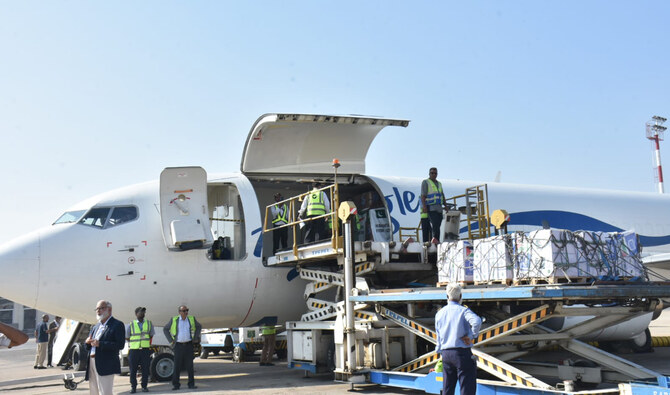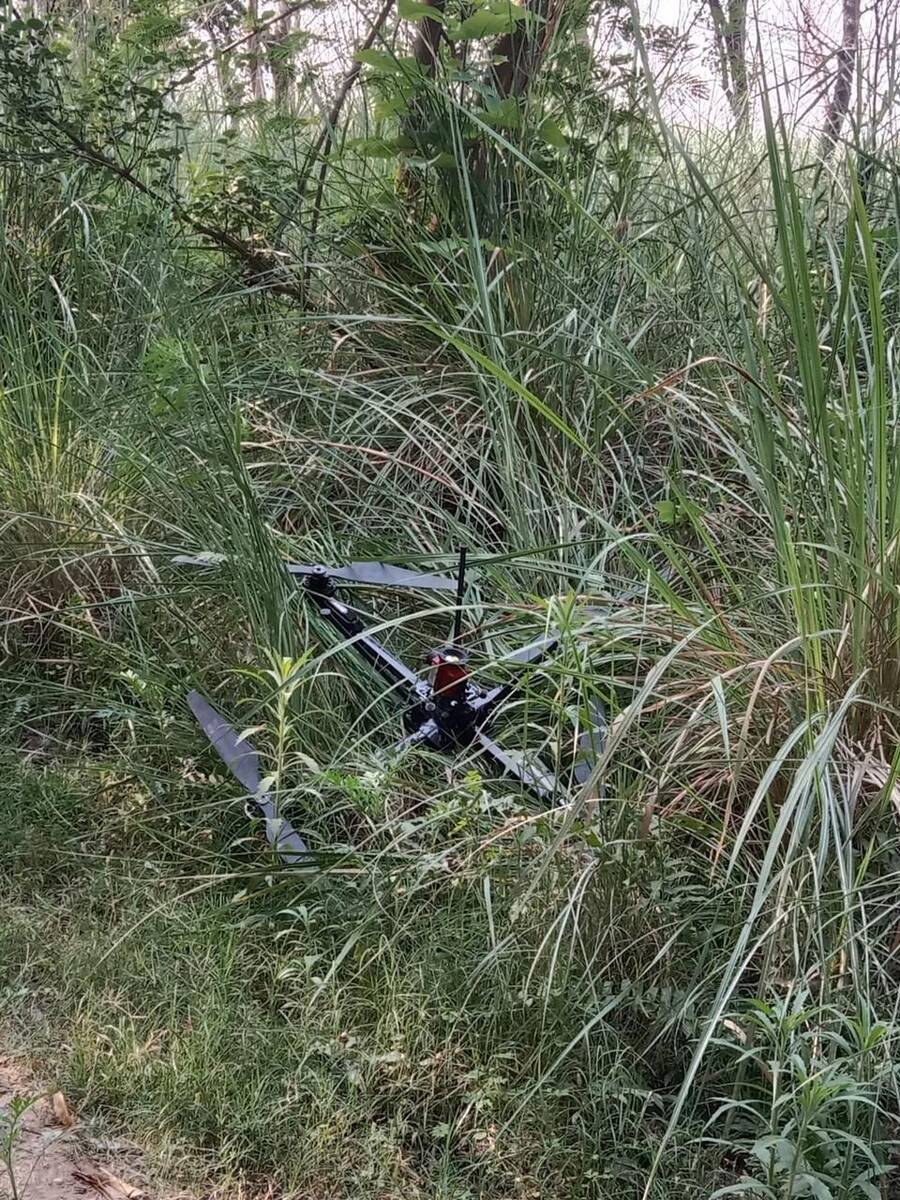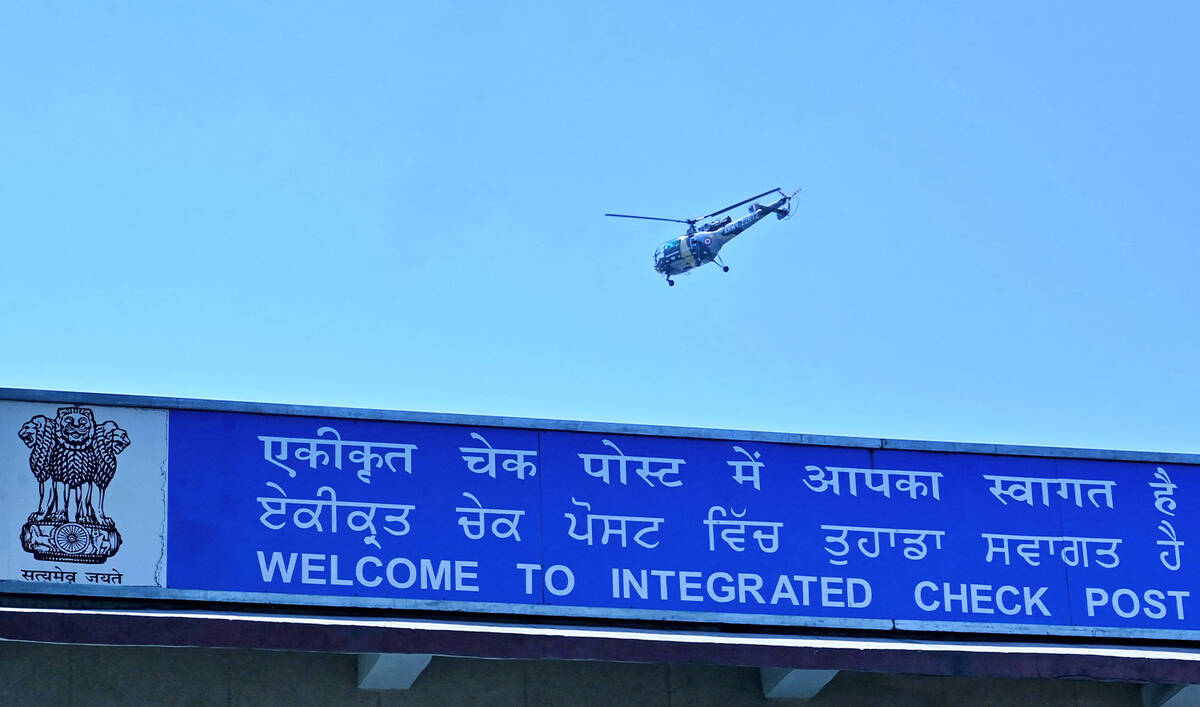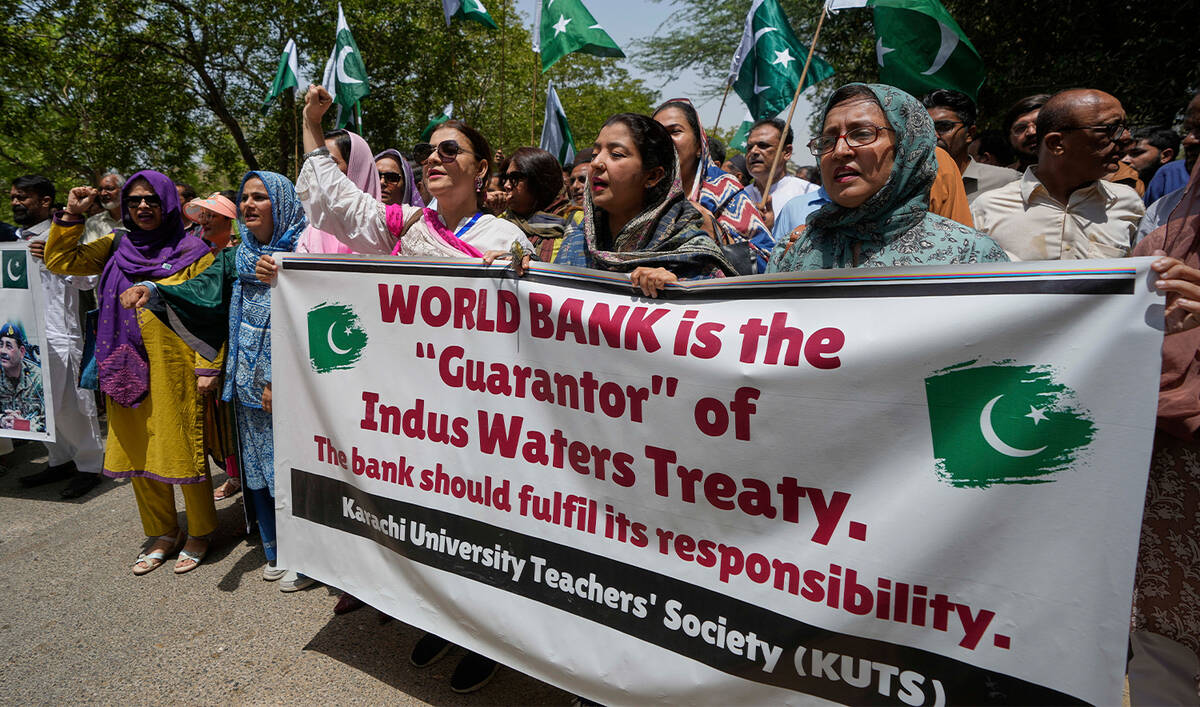ISLAMABAD: Pakistan’s National Disaster Management Authority (NDMA) on Sunday dispatched its third consignment of relief items for the people of Lebanon suffering from Israeli military aggression, state-run media said.
Since the outbreak of Israel’s war on Gaza on Oct. 7, 2023, Pakistan has dispatched a total of 14 aid consignments for the people of Lebanon and Palestine.
The latest consignment of relief goods was dispatched from the Jinnah International Airport in Pakistan’s southern port city of Karachi for Beirut, the state-run Associated Press of Pakistan (APP) said. Federal Minister for Maritimes Affair Qaisar Shah and representatives from the NDMA, the Ministry of Foreign Affairs and non-governmental organization Al-Khidmat Foundation attended the send-off ceremony.
“This aid shipment, sent by NDMA in collaboration with Al-Khidmat Foundation, comprised approximately 17 tons of supplies, including tents, food tins, dry milk, clothes and hygiene kits,” APP said.
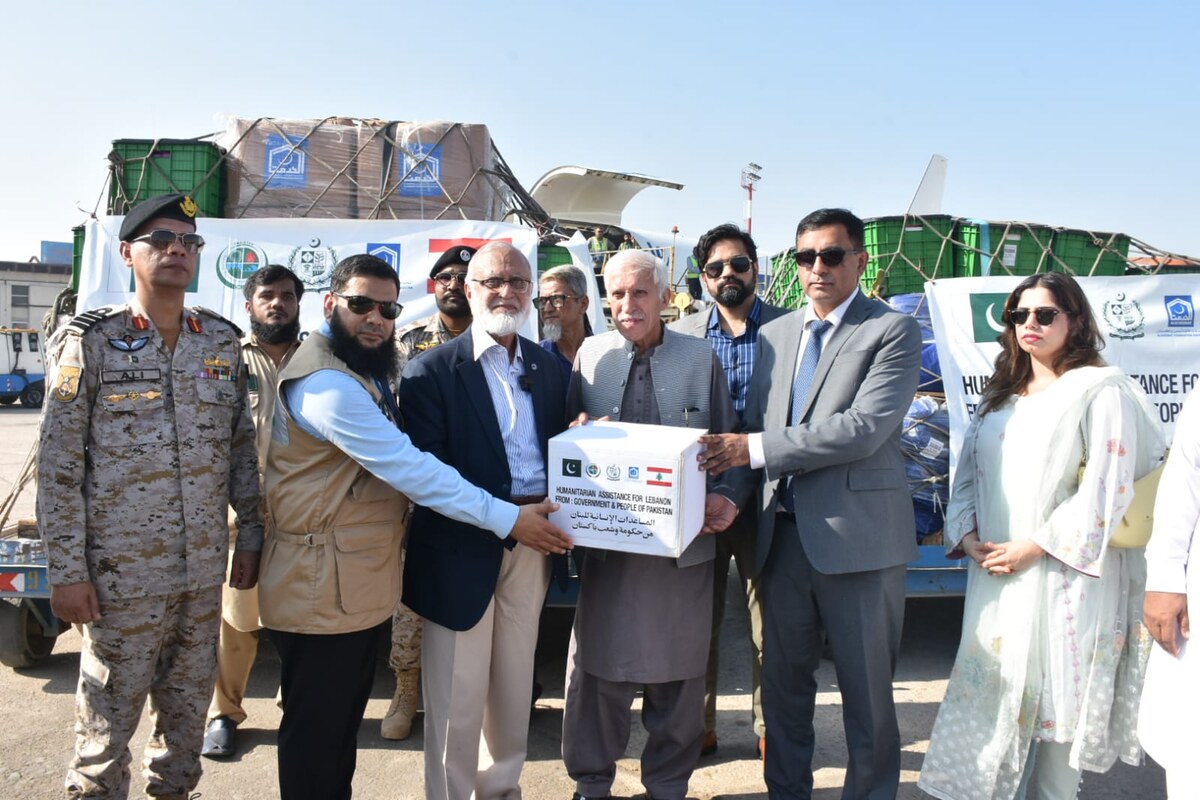
In this handout photo, taken and released by Pakistan’s National Disaster Management Authority on October 27, 2024, Pakistani government and Al-Khidmat Foundation officials gesture for a group photo next to consignment of relief goods being dispatched to Lebanon, in Karachi. (Photo courtesy: NDMA)
Shah emphasized the urgent need to provide relief to the war-affected populations of Palestine and Lebanon, considering the ongoing conflict and the needs of the affected communities there.
“He reaffirmed the Government of Pakistan’s commitment to supporting the brothers and sisters in distress and stressed the importance of collaboration by welfare organizations and the Pakistani public in strengthening these efforts,” the state media added.
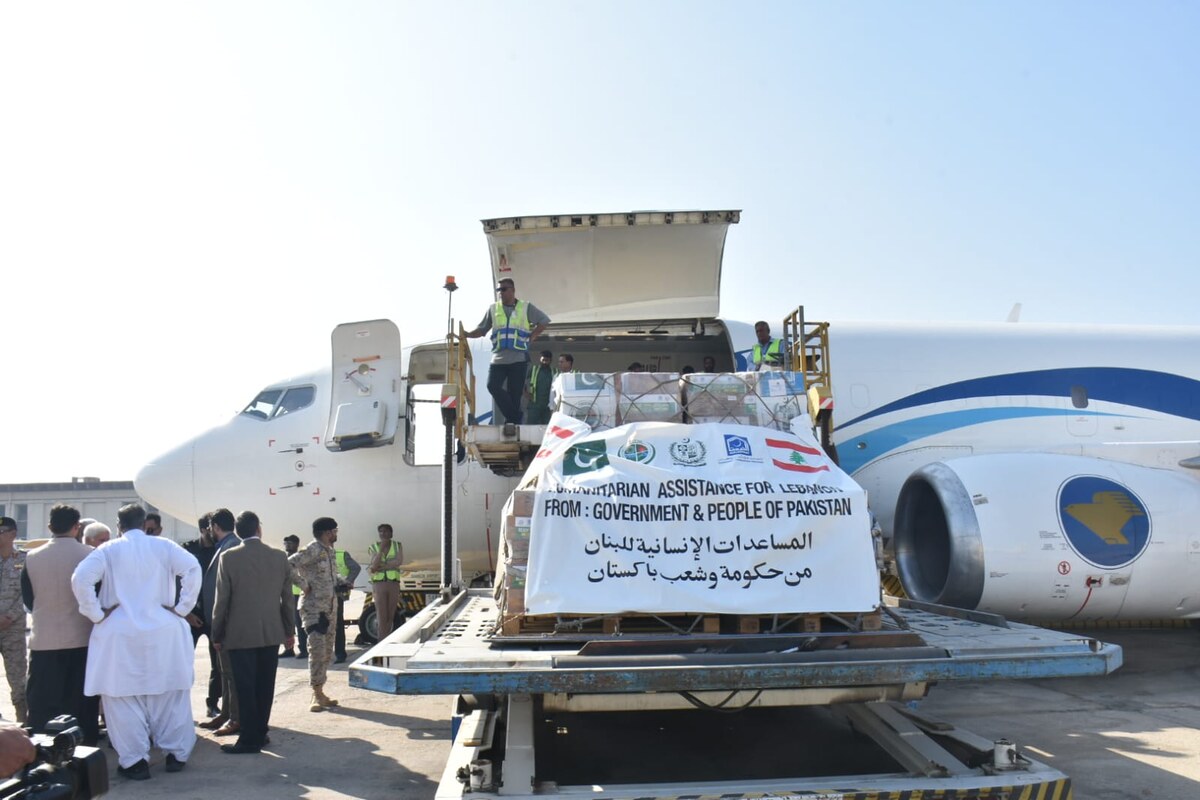
This handout photo, taken and released by Pakistan’s National Disaster Management Authority on October 27, 2024, shows consignment of relief goods being dispatched to Lebanon, in Karachi. (Photo courtesy: NDMA)
Prior to the latest shipment, Pakistan had sent a total volume of 1,398 tons of relief items over 11 aid consignments to Gaza and two to Lebanon.
Pakistan has also set up a special account titled: “Prime Minister’s Relief Fund for Gaza and Lebanon,” under PM Shehbaz Sharif’s directions, for donations for the people of Gaza and Lebanon.
Pakistan does not recognize nor have diplomatic relations with Israel and calls for an independent Palestinian state based on “internationally agreed parameters” and the pre-1967 borders with Al-Quds Al-Sharif as its capital.
Since the beginning of Israel’s war on Gaza, Pakistan has repeatedly raised the issue at the United Nations, the Organization of Islamic Cooperation (OIC) and other multilateral platforms and demanded international powers and bodies stop Israeli military actions in Gaza.


